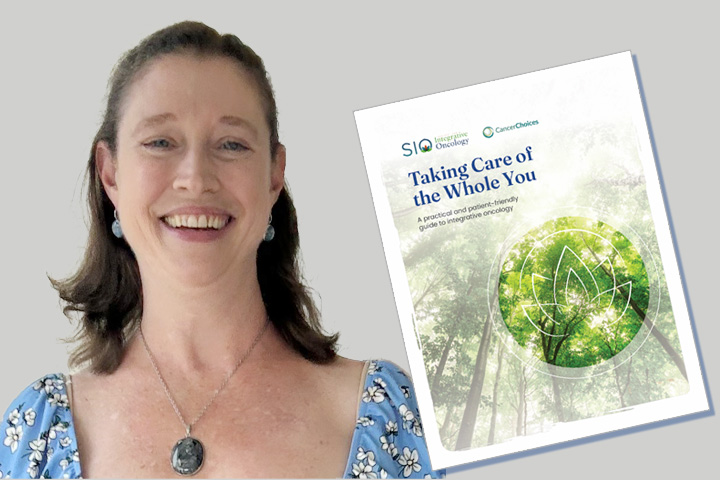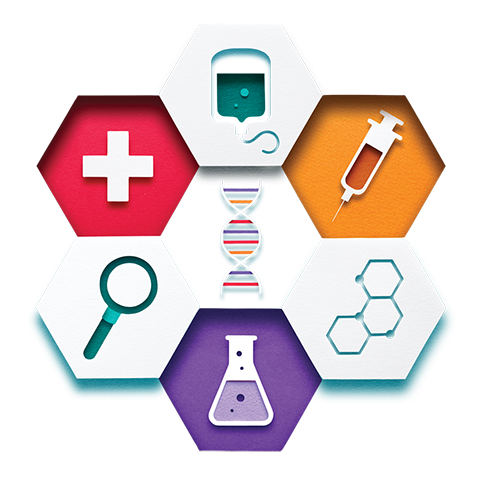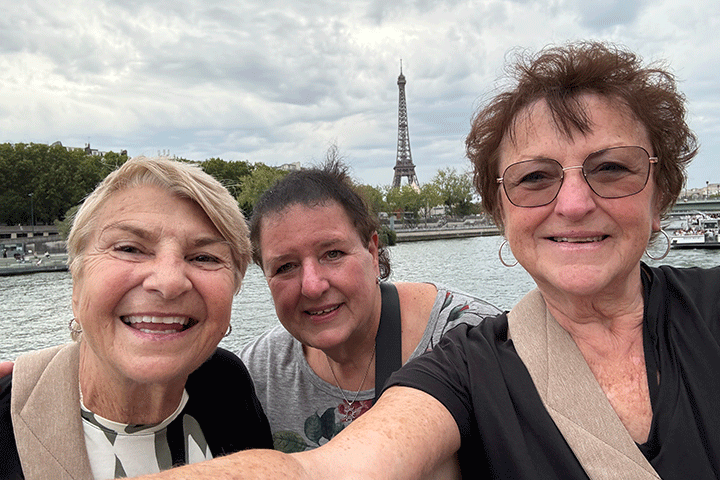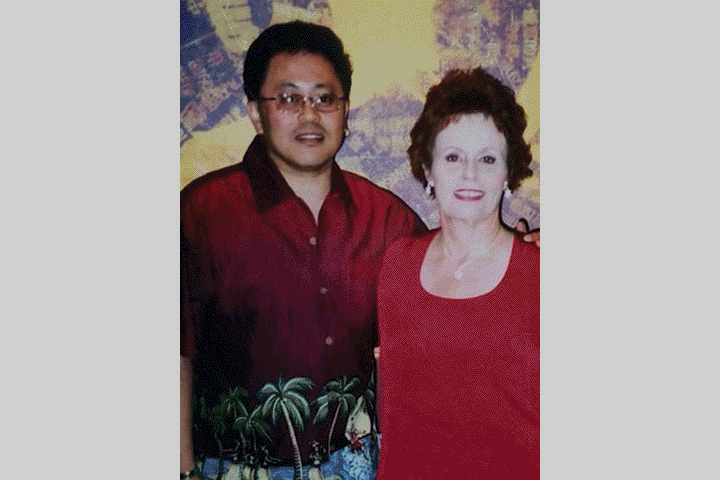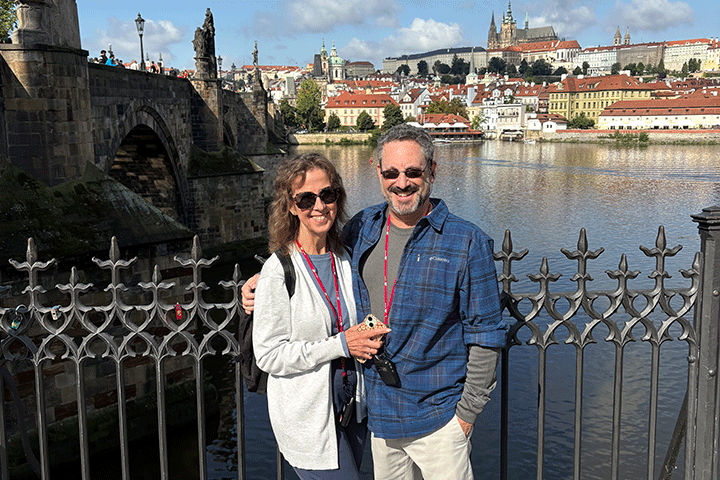Genomic Profiling of my Pancreatic Cancer Gave me a New Lease on Life
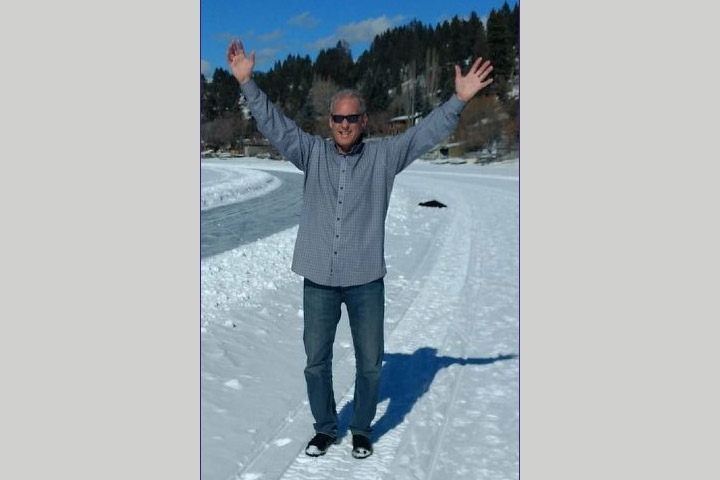
- Pancreatic cancer diagnosed after Hodgkin’s lymphoma treatment
- Standard chemotherapy ineffective
- Genomic profiling shows a mutation
- The cancer responds to immunotherapy
My name is Roy Vinke. I am 60 years old and am currently a 22-month locally advanced unresectable pancreatic cancer survivor.
In December 2016 I was diagnosed with stage III Hodgkin’s lymphoma, a relatively treatable cancer. I received three rounds of ABVD chemotherapy and had a complete response except for a cluster of lymph nodes near my pancreas. In March 2017 I had surgery to remove two of these lymph nodes to find out why they did not respond. Everyone expected it to be resistant Hodgkin’s lymphoma, but it turned out to be a second primary cancer—an adenocarcinoma of unknown primary location.
A couple of days later the oncologist told me I had stage III or IV pancreatic cancer and likely had one to two years before this disease would take my life. I was put on palliative chemotherapy. I started with gemcitabine and Abraxane and then moved on to an oral chemotherapy called Xeloda. Neither of these worked. On top of this, I was repeatedly admitted to the hospital due to the side effects of these treatments, including near kidney failure.
Genomic Profiling to Change the Treatment Plan
My family researched alternative treatment options and knew Keytruda (pembrolizumab), an immunotherapy drug, had been approved in the U.S. for all tumor types with a specific genetic characteristic called a mismatch repair deficiency. When we inquired about Keytruda we were told there was no chance my tumor would have the mutation as it is rare in pancreatic cancer and I did not have a family history suggestive of Lynch syndrome. In addition, even if I did have the mutation, Keytruda was not approved for this use in Canada, where we live.
Nevertheless, we insisted on having a sample of my tumor sent to Know Your Tumor for genomic profiling. At the same time I sent all my medical records Dr. Dung Le at Johns Hopkins Medicine in Baltimore, Maryland, for a remote medical second opinion, but the second opinion results came in before I got the genomic profiling results. The profiling results changed everything when I received them a few months later.
My tumor had an MSH6 mismatch repair deficiency and a high mutational burden but was microsatellite stable. This is an uncommon outcome (usually mismatch repair deficient tumors have microsatellite instability) and as a result the potential for Keytruda in this situation is less certain. Despite this, my family and I decided we wanted to give it a shot.
Getting Access to the Drug
Our next challenge was getting access to the drug. To help us with this we reached out to the Lustgarten Foundation, a prominent and well-respected funder of cutting-edge pancreatic cancer research, including the trial that led to the approval of Keytruda for mismatch repair deficient tumors in the U.S. Sharon Sarelson, the Foundation’s Patient Services Coordinator, and Federica Valsecchi, Ph.D., Research Project Manager, worked tirelessly to try to find a solution for us. They introduced us to their contacts at Pancreatic Cancer Canada, provided the forms to apply for compassionate access, researched clinical trial options and in general did everything they could to help me obtain Keytruda here.
Around the same time, we were referred to Dr. Jose Monzon, a great oncologist at Tom Baker Cancer Centre, right in my hometown of Calgary, Alberta. Dr. Monzon has expertise in immunotherapy and was very supportive of this treatment approach. Given this, he spoke to the tumor board and they granted approval for me to receive the drug, but it was going to come at a cost of approximately $9,000 CAD per infusion, every three weeks for up to two years. We were shocked but decided to proceed.
I received my first infusion in January 2018. A few weeks later, after my second infusion, my CA 19-9 had dropped from over 27,000 to 209 (below 35 is normal). On top of this, I went from being sick, unable to eat, and exhausted, to being able to get up and do things again. After my fourth infusion I had a CT/PET scan. The results were nothing short of a miracle—my cancer was almost gone! No one had seen anything like it in pancreatic cancer. By this point my CA 19-9 had dropped to 55.
Successful Treatment Brings Easier Access to the Drug
The results were deemed so impressive the Province of Alberta agreed to fund my treatment through a special access program moving forward. Today my CA 19-9 is 38 and I am told that my expected survival is now two-plus years and possibly long-term, both by Dr. Monzon and Dr. Le. The reality is I have entered somewhat uncharted territory because the drug was approved under an accelerated approval program, which shortened the study.
In December 2017 it was suggested I was unlikely to survive another Christmas. But in December 2018 we traveled to Johns Hopkins to meet Dr. Le in person. Keytruda has not only saved my life, but also drastically improved its quality. Now my goal is to encourage others to get genomic profiling and to help other Canadians with this mutation get access to immunotherapy, as it still is not approved in Canada for this use.
Watch Roy tell his story in “Another Chance at Life.”


